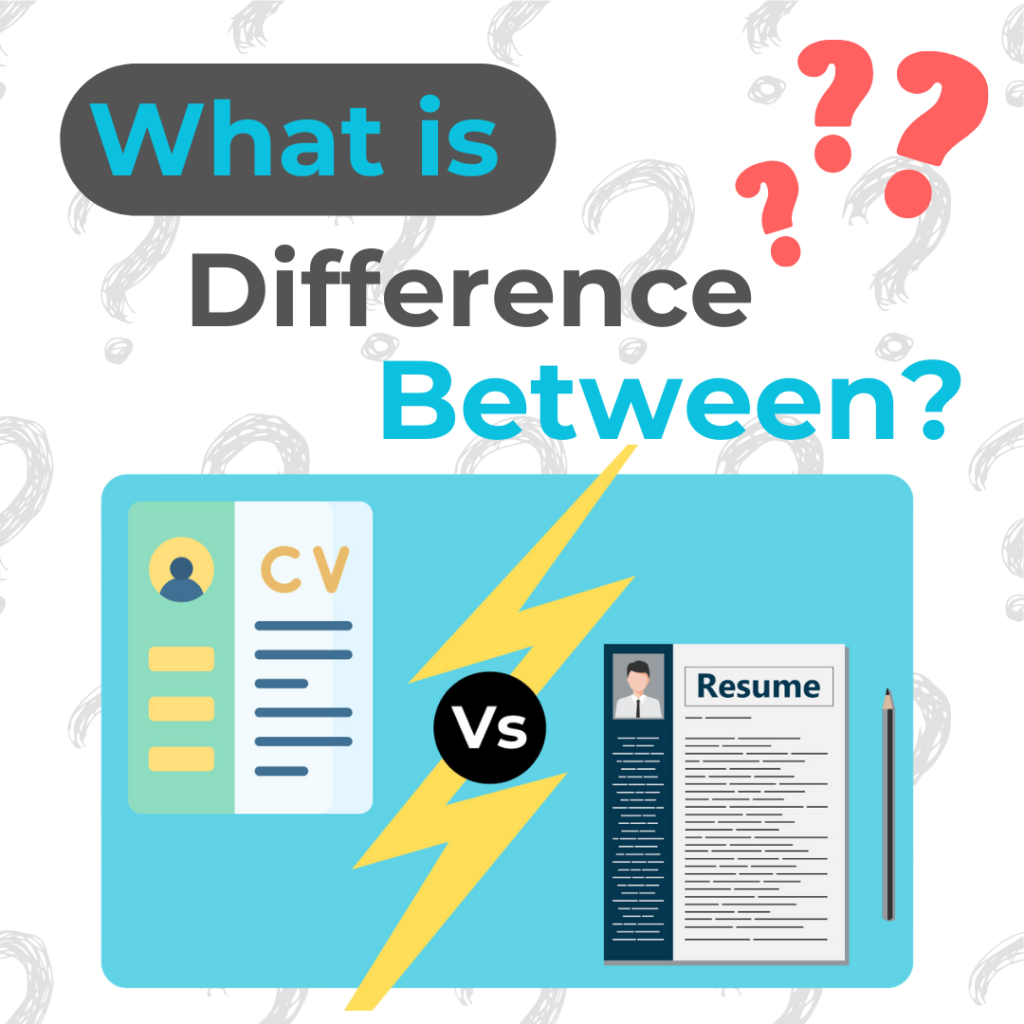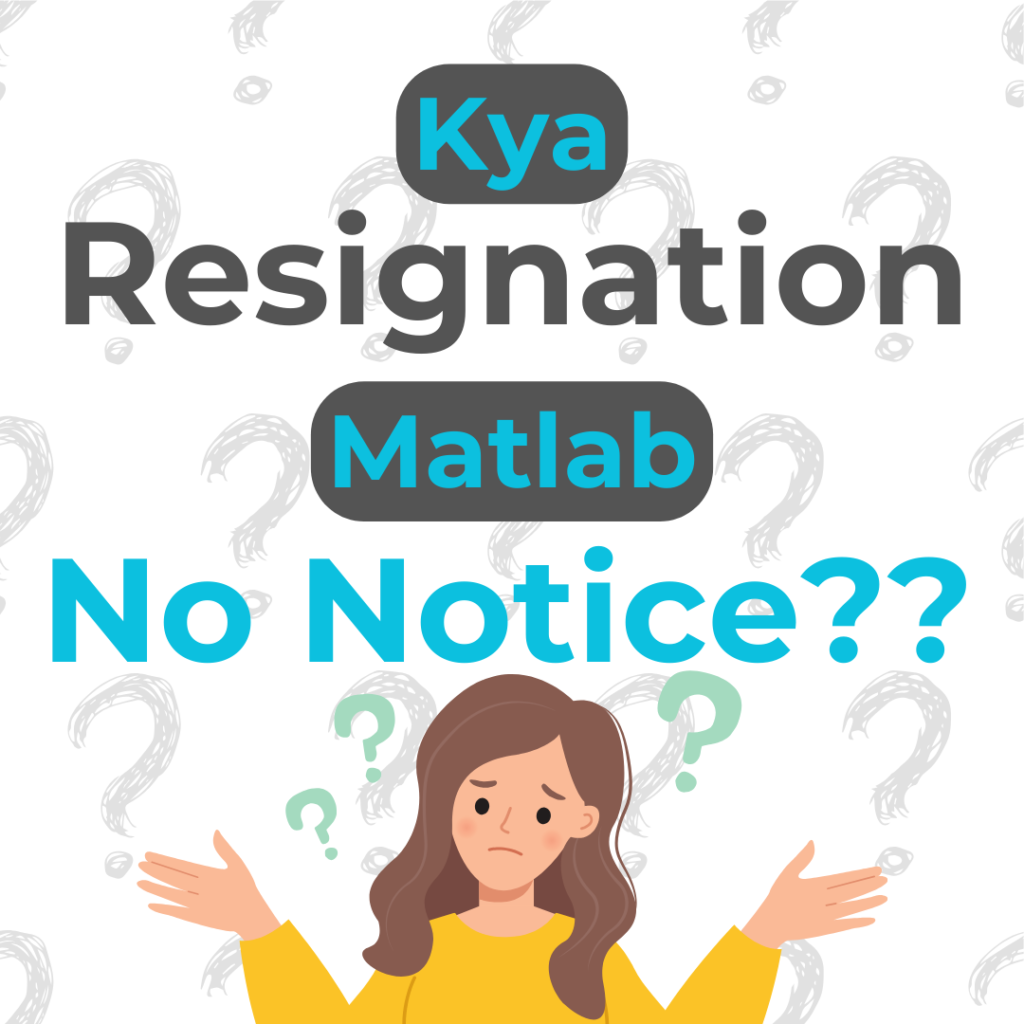Ah, the notice period – that limbo between deciding to leave a job and actually leaving. 🤔 Many of us have encountered it at some point in our careers, but what exactly does it entail? Let’s break it down.
What is a Notice Period?
A notice period is the duration you’re required to work after resigning from your job. It’s like a buffer time for your employer to find a replacement and for you to wrap up your tasks.
Why Does It Matter?
Well, for starters, it’s a contractual obligation. Ignoring it can land you in hot water. Plus, it impacts your professional reputation and can affect future job prospects. So, it’s essential to handle it wisely.
Navigating Notice Periods: An Overview
Notice periods can vary depending on company policies, employment contracts, and industry standards. They typically range from two weeks to several months. Understanding your specific notice period requirement is crucial before initiating negotiations.
🧐Importance of Negotiating Notice Period
Now, here’s the kicker – notice periods are often negotiable! 😮 Yes, you heard that right. Don’t just accept whatever is thrown at you. Negotiating can make a world of difference.
Why Negotiate? Negotiating your notice period gives you more control over your transition. Whether you want a shorter notice period to start your new job sooner or need extra time to wrap things up, negotiating can help tailor the notice period to your needs.
How to Negotiate? Start by assessing your needs and reasons for wanting a different notice period. Then, have a candid conversation with your employer. Be professional, explain your rationale, and propose a solution that works for both parties. It’s all about finding a win-win situation.
Addressing Employer Concerns It’s essential to understand your employer’s perspective during negotiations. Address any concerns they may have regarding your proposed changes to the notice period. Assure them of your commitment to a smooth transition and offer solutions to mitigate any potential disruptions.
💡Tips for Negotiating Notice Period
Negotiating isn’t always a walk in the park, but fear not – we’ve got some tips to help you navigate the process like a pro.
1. Do Your Homework Research industry standards and company policies regarding notice periods. Having data to back up your request strengthens your position.
2. Be Flexible While you may have a preferred notice period in mind, be open to compromise. Remember, it’s about finding a solution that works for everyone.
3. Stay Professional Approach the negotiation with professionalism and respect. Keep emotions in check and focus on reaching a mutually beneficial agreement.
4. Get It in Writing Once you’ve agreed on a revised notice period, make sure to get it in writing. This helps avoid any misunderstandings down the line.
Consider Alternative Arrangements If a traditional notice period doesn’t suit your circumstances, explore alternative arrangements such as gardening leave or a buyout option. Be prepared to discuss these alternatives during negotiations.
📄Legal Implications and Considerations
Now, before you dive headfirst into negotiations, it’s crucial to understand the legal implications.
Know Your Rights Familiarize yourself with your rights as an employee regarding notice periods. Understanding the legal framework empowers you during negotiations.
Consult with Experts If you’re unsure about the legalities or need guidance, don’t hesitate to seek advice from legal experts or HR professionals.
Conclusion
Navigating notice period negotiations can be daunting, but with the right approach, it’s entirely manageable. Remember, it’s okay to advocate for yourself and negotiate terms that align with your needs. So, go ahead – take charge of your transition and make the notice period work for you!







